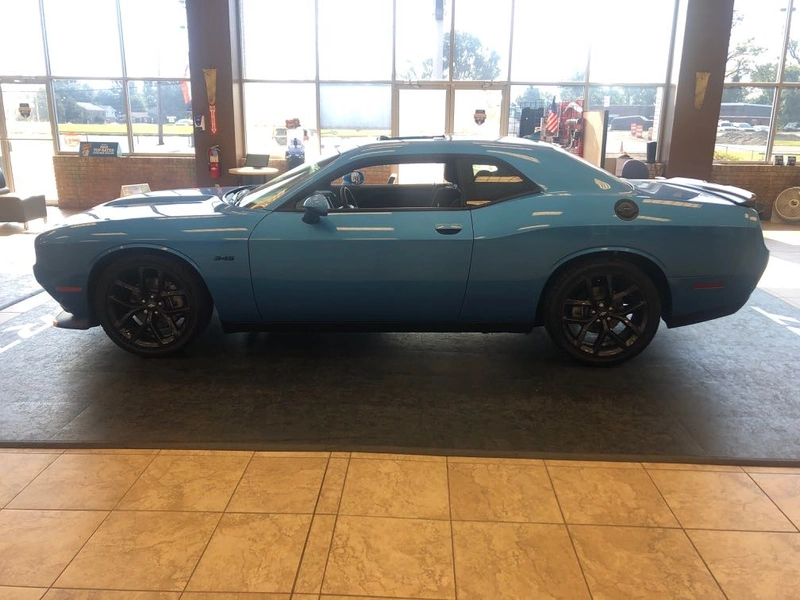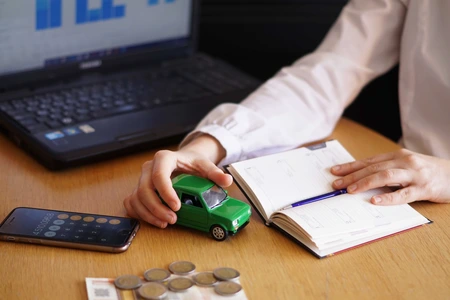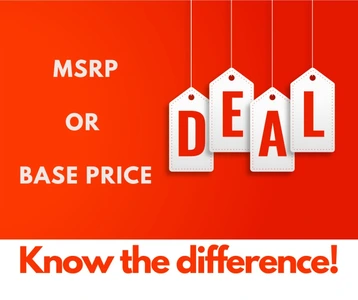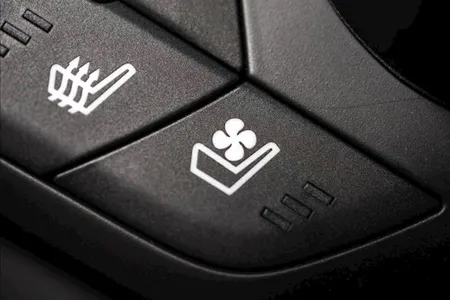When it comes to acquiring assets like cars, equipment, or even office spaces, the age-old question arises: Should I consider leasing? Leasing has become an increasingly popular option for both individuals and businesses looking to balance their budget and gain access to the latest resources. In this blog, I'll delve into the pros and cons of leasing, helping you make an informed decision that aligns with your financial goals and needs.
Pros of Leasing:
-
Lower Initial Costs: Leasing often requires a lower upfront payment compared to purchasing. This can free up capital that can be allocated to other critical aspects of your personal or business finances.
-
Access to Newer Models: Leasing allows you to enjoy the latest technology, features, and advancements without the long-term commitment that comes with ownership. This is particularly beneficial for businesses that need to maintain a competitive edge.
-
Minimal Repair Costs: Leased assets are typically covered under warranty, reducing the financial burden of unexpected repairs and maintenance. This predictability can make budgeting easier.
-
Tax Benefits: In some cases, leasing expenses can be tax-deductible for businesses, which can lead to potential savings during tax season. However, it's essential to consult a tax professional to understand the specific implications for your situation.
-
Flexibility: Leasing agreements typically come with various options at the end of the lease term, such as returning the asset, purchasing it at a predetermined price, or even upgrading to a newer model. This flexibility can adapt to changing needs.
Cons of Leasing:
-
Long-Term Cost: While leasing may have lower initial costs, over the long term, it can be more expensive than purchasing. Monthly lease payments accumulate, and you won't have any ownership stake in the asset once the lease term ends.
-
Mileage Restrictions: Leased vehicles often come with mileage limits, and exceeding these limits can result in additional charges. If you have a long commute or frequently travel, this might not be the best option.
-
No Equity Buildup: Unlike owning, where payments contribute to equity, leasing only covers the cost of using the asset. This means you won't have a valuable asset to sell or trade in once the lease ends.
-
Limited Customization: Leasing agreements usually come with restrictions on making modifications to the asset. For individuals who enjoy personalizing their possessions or businesses that require specific customizations, this can be a drawback.
-
Early Termination Fees: If you decide to end the lease before the agreed-upon term, you might incur early termination fees. This can be costly and negate some of the financial benefits of leasing.
Making the Decision:
Deciding whether to lease or buy depends on your individual circumstances and priorities. Leasing can be an excellent choice for those who value flexibility, lower upfront costs, and access to the latest technology. On the other hand, ownership offers long-term cost savings, equity buildup, and complete control over customization.
Before making a decision, consider factors like your financial situation, long-term goals, and how the asset will be used. If you're uncertain, consulting with financial advisors and professionals in the specific field can provide valuable insights tailored to your needs.
Conclusion:
In the end, the question "Should I consider leasing?" has no one-size-fits-all answer. It all comes down to weighing the pros and cons, evaluating your financial situation, and determining which option aligns better with your needs and goals. By considering your unique circumstances, you'll be well-equipped to make an informed decision that suits your situation.
I would love to help you with your leasing decision. Give me a call today!
Jim Hinshaw
(901) 828-3978
Homer Skelton CDJR












